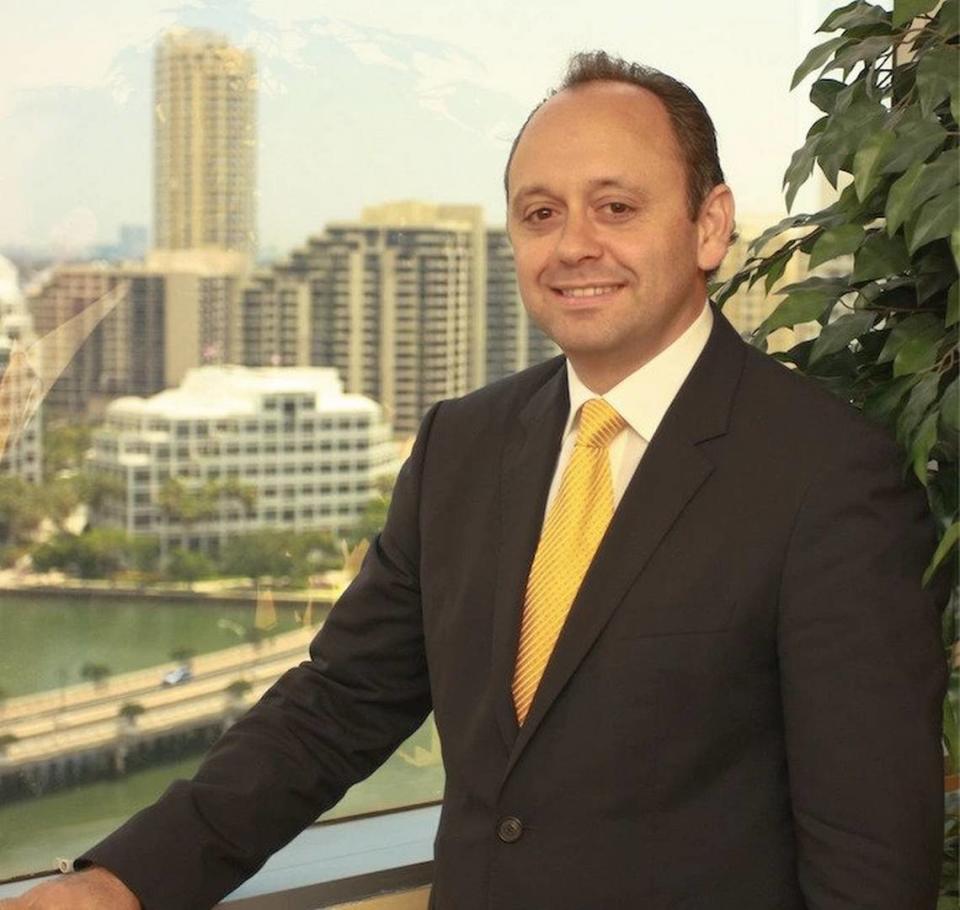China’s Cuba spy base signals the need to discard US failed policy of containment | Opinion
News that China has had at least one electronic espionage base in Cuba since 2019 should raise troubling questions for American foreign policy, regardless of which party is in power.
China, with Russian intelligence as its junior partner, seeks at all costs to change the global order, not only by challenging the economic and military leadership of the United States, but also by seeking to stop the spread of the democratic model that has made its way into places that are too close for Chinese or Russian comfort. Think Taiwan or Ukraine and, previously, Hong Kong.
The policy of containment and creating a mutual dependence has failed. China and Russia are a lot stronger today than they were 20 years ago and now represent a direct threat to America’s defense strategy. This failed policy has invited enemies of the United States to incrementally “test the waters” in other areas, such as Ukraine, and increased hostility towards Taiwan and U.S. allies in Asia.
Closer to home, the absence of clear policy toward Latin America has emboldened China into growing its influence in the region, now staking bases dangerously close to U.S. soil. Apart from the regimes in Cuba, Venezuela and Nicaragua, both China and Russia (directly and through their Cuban proxies) are increasing their influence in Mexico, Brazil, Argentina, Bolivia and Honduras while destabilizing Ecuador and Peru and even Colombia, our closest ally in the region. China is also building infrastructure in these countries through its global Belt and Road Initiative (BRI) to create economic dependence and expand military capable infrastructure. If unchecked, China’s insertion into America’s neighborhood will likely end in conflict.
To avoid such conflict, the U.S. needs to stop ceding space to its enemies and articulate and implement a policy consistent with the Monroe and Reagan doctrines to send a clear message that it will not tolerate the enemy’s advances in the Western Hemisphere. This can be achieved with three policy changes:
First, the U.S. must end all engagement and co-existence policies with the Castro regime, once and for all. Only the replacement of the regime will keep U.S. enemies out of Cuba and guarantee U.S. security at its southern border. Title II of the Helms-Burton Act would enable the U.S. to implement a Marshall Plan to rebuild Cuba’s economy after it transitions to democracy. No other action can send a clearer message to the region that working with the U.S. will bring benefits, while working with China and Russia will not be tolerated.
Second, the U.S. should encourage American companies, especially manufacturers, to leave China and return to Latin America. This will bring back jobs that the region lost to China based on a number of trade policies enacted to help China over the years. Bringing back these jobs will help curb illegal immigration, strengthen and align regional governments and bring vital industries back to our sphere of influence. To accomplish this, Congress must approve the bi-partisan Western Hemisphere Nearshoring Act, sponsored by Reps. Mark Green of Tennessee and Carlos Gimenez of Florida. The act would increase tariffs on products made in China and allocate such proceeds to relocate American companies from China to Central and South America instead.
Third, the U.S. should limit eligibility of economic aid to nations maintaining minimum standards of democracy and alignment with U.S. interests. Mexican President Andrés Manuel López Obrador, for example, should not be able to sign an agreement with Vladimir Putin, and then expect U.S. aid. Likewise, Central American governments should not expect such help and then openly allow caravans of illegal migrants to cross their borders to breach ours.
Those who ignore history are doomed to repeat it. During the 1962 Cuban Missile Crisis, to avoid a nuclear war, the U.S. was compelled to forego significant strategic advantages such as quietly removing its Jupiter missiles in Turkey. If the U.S. continues to cede space, especially in its own hemisphere, it may face consequences it cannot afford — think Taiwan or worse. The time has come for the U.S. to bury the failed containment policies and articulate a new vision, which should start with the Americas.
Marcell Felipe is the founder of the Initiative for Democratic and Economic Alternatives for Cuba, a project of the Inspire America Foundation.


